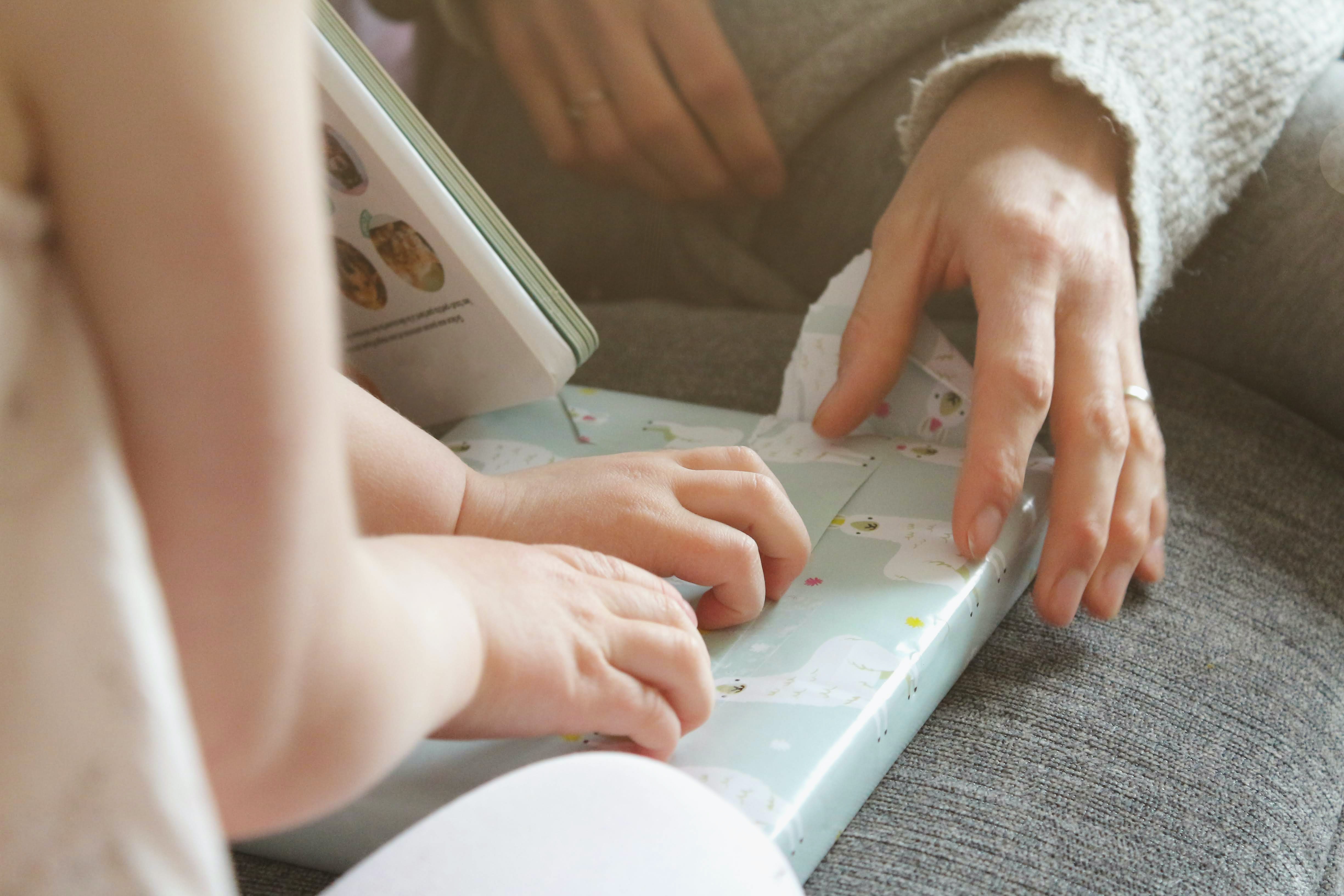Bribery vs. Reinforcement: What’s the Difference?

During your child’s sessions with the Sunshine Center, you’ll frequently hear therapists talk about reinforcement. You may have questions about reinforcement: What is reinforcement? Why is it used? Are reinforcement and bribery the same? I bribe my child all the time and it doesn’t work…why not?
First, what exactly is reinforcement?
Reinforcement is a system of earning a pre-planned incentive for a job well done. Reinforcement, when used correctly, will help to increase the desired behavior in the future and creates a lasting change. It is delivered alongside behavior specific praise to mark exactly what was so great! With reinforcement, the adult is in control and has the power to decide when and if the reward has been earned. Reinforcement can be anything from snacks, tickles, or stickers, to a token board, point system, or even money!
Now, what is bribery?
It’s considered a bribe when an adult gives something (reinforcer) to a child in response to challenging behavior. Bribes can be motivating for parents because, in the moment, challenging behavior may stop or decrease, but over time the behavior will return and may even escalate! Bribes are often a reaction by the adult and are delivered in response to frustration of just wanting the challenging behavior to stop. When using bribes, you’re allowing your child to be in control and are negotiating things your child wants in exchange for your him or her to behave.
So, reinforcement is used as a strategy to increase motivation, compliance, and expected behaviors which you’d like to increase over time. Reinforcement can also be used to decrease challenging behavior! However, reinforcement and bribery are NOT the same. Remember, reinforcement is planned ahead whereas bribery is a negotiation during the occurrence of a challenging behavior. Why doesn’t bribery work? Because you are actually reinforcing the behavior by giving into your child’s demands, which means that over time, that behavior will continue to increase.
Ask your child’s therapist or BCBA about reinforcement. We would be happy to discuss types of reinforcement, strategies and reinforcement systems that you can use at home and in the community to help your child to be their best self in every setting.
Further reading: 6 Helpful Tips to Manage Unwanted Behaviors
The Do's and Don'ts of Instructional Control
Photo by Sigmund
Anna Richardella, Edison Center Supervisor
Anna Richardella joined the Sunshine Center team as the Edison Center Supervisor in February of 2020. While babysitting for a child with autism, she developed a passion for working with children with special needs and began providing childcare and adapted community services to families. Anna earned her bachelor’s degree in Communicative Disorders and a minor in French language from West Chester University. After falling in love with Applied Behavior Analysis while volunteering in college, she earned her master’s of Psychology with a concentration in Applied Behavior Analysis from Capella University. She has provided services in a variety of settings including schools, centers, home and community and has worked as an instructional aide, ABA therapist and, most recently, BCBA for children with autism and developmental delays and disorders.
